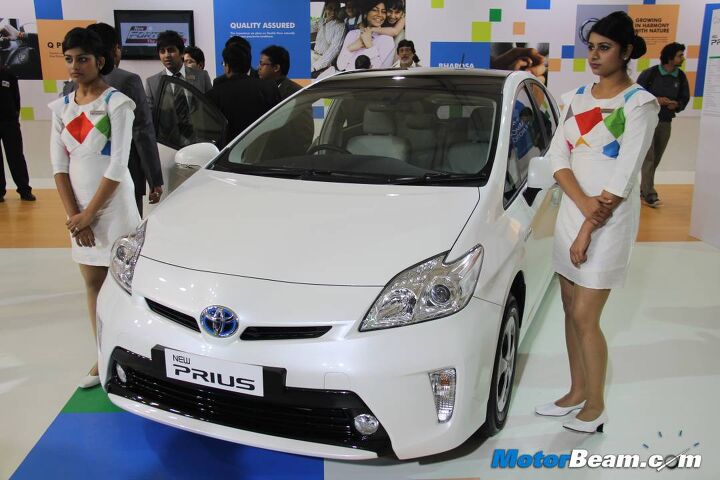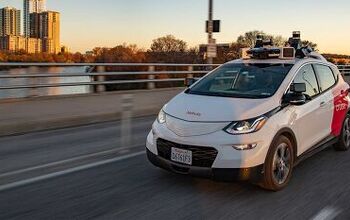India's Least Selling Car – Toyota Prius
Just recently we wrote a post on India’s highest selling car, which is the Maruti Suzuki Alto. Now its time to look at the other end of the scale. Which is India’s lowest selling car? The answer is quite shocking. India’s least selling car is indeed a global success, the Toyota Prius. The Maruti Suzuki Alto sells 99,000 times what the Prius sells. But how did the Prius become such a massive failure, in one of the largest car markets in the world?
Now you would like to know how many units of the Prius Toyota sells every month. It is not a a difficult question to answer. For the first four months of 2012, Toyota sold zero units of the Prius in the Indian market. Last month, they managed (don’t ask how) to sell one unit.
Faisal Ali Khan is the owner/operator of MotorBeam.com, a website covering the auto industry of India.
More by Faisal Ali Khan


































Comments
Join the conversation
I can't help but think besides the cost of this vehicle how the roads in India would beat the car to pieces pretty fast. I'm not sure a Prius is durable enough for that type of continuous pounding you would get on Indian roads.
Hey all you Prius haters. US military personnel are buying them. These ladies and gentlemen are not exactly know to be namby-pamby tree hugging eco-weenies. 20K for a Prius C as daily driver? Makes a whole lot of sense to me. Will I buy one? No. I'm looking for my middle aged crisis car. Now a Prius for geezerdom sure looks good.
"A person would take more than 10 years to recover the additional savings offered by a hybrid vehicle." I really hate to shout, but comments like this make me wince because they betray a complete lack of understanding about the demand for technology. So indulge me as I try to make this point as bluntly as possible: EARLY ADOPTERS DON'T BUY HYBRIDS TO SAVE MONEY. Let me try that again, just in case you missed it the first time: EARLY ADOPTERS DON'T BUY HYBRIDS TO SAVE MONEY. And just to be absolutely sure that the point wasn't lost: EARLY ADOPTERS DON'T BUY HYBRIDS TO SAVE MONEY. Late adopters tend to think in terms of pure cost-benefit, plus they demand value. Early adopters are very, very different -- they don't mind paying a premium if they believe that they're getting leading-edge technology or some other non-economic benefit. That being said, the predictable effect of a high import tariff is that the import market is going to largely be limited to status seekers who don't mind paying very high prices. That won't be good for cars such as the Prius, as they aren't marketed based upon a type of status that Indians appear to care much about. Developing countries on the move don't tend to care about green, except when it's the color of money. Before commenting further, I would suggest that you read Geoffrey Moore's classic book on technology marketing, Crossing the Chasm. The lessons of the book and the Technology Adoption Cycle can be readily applied to the Prius.
In the end, like all things, it boils down to money. Yes early adopters don't buy based on cost but the rest of us do. I think that as earning power and with it disposable capital is eroded by the failing world economy there will be fewer early adopters. We already see the beginnings of a pull back in the auto industry with people keeping their cars longer and opting for used cars. There will always be people with money but their numbers are declining not increasing. The hybrids and diesels cost more to buy and they don't return that money over a typical life cycle so people with limited resources don't buy them.